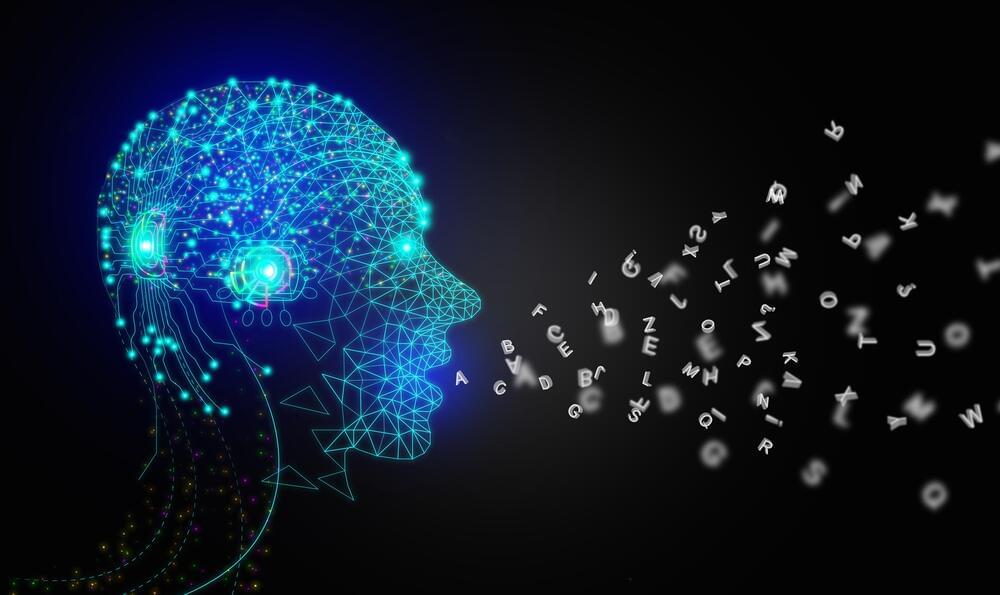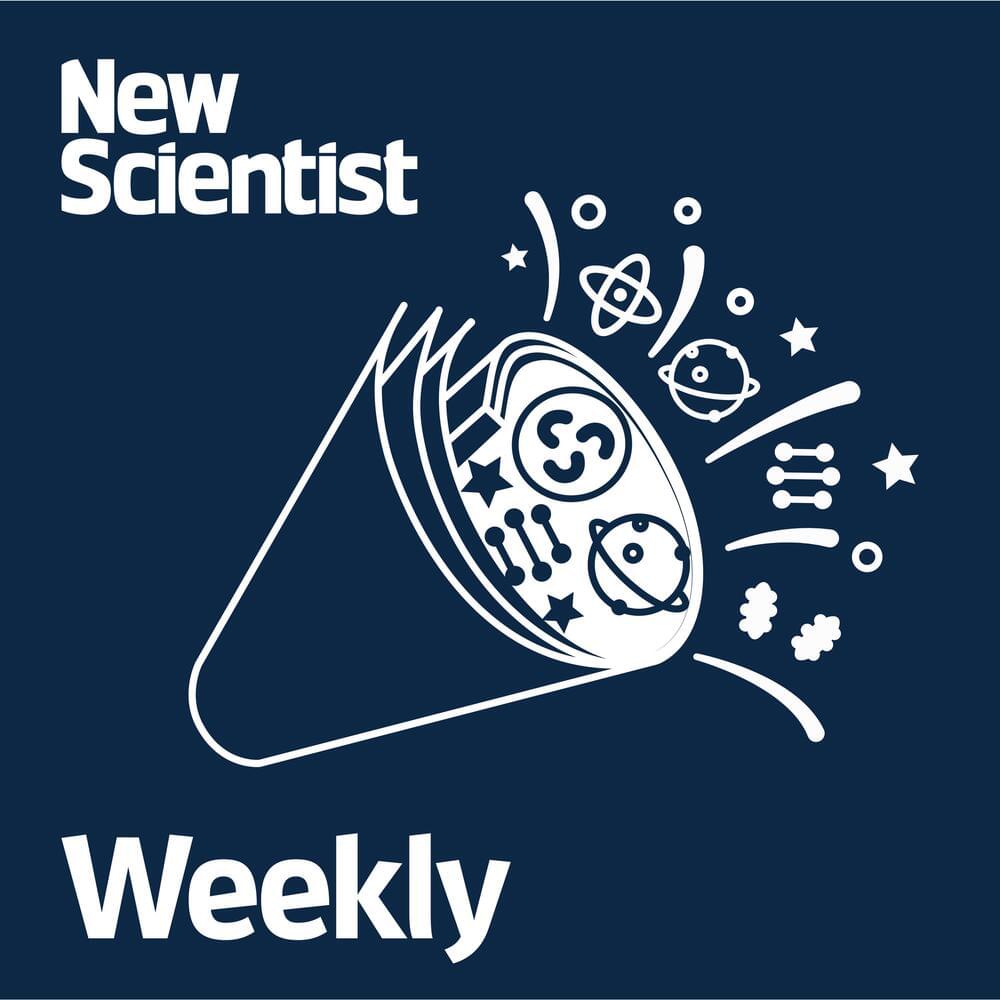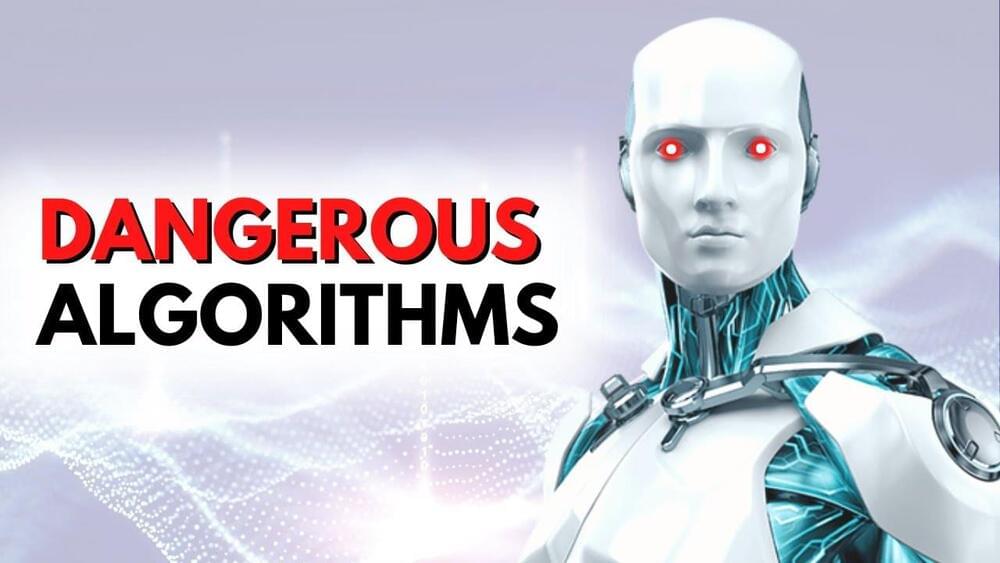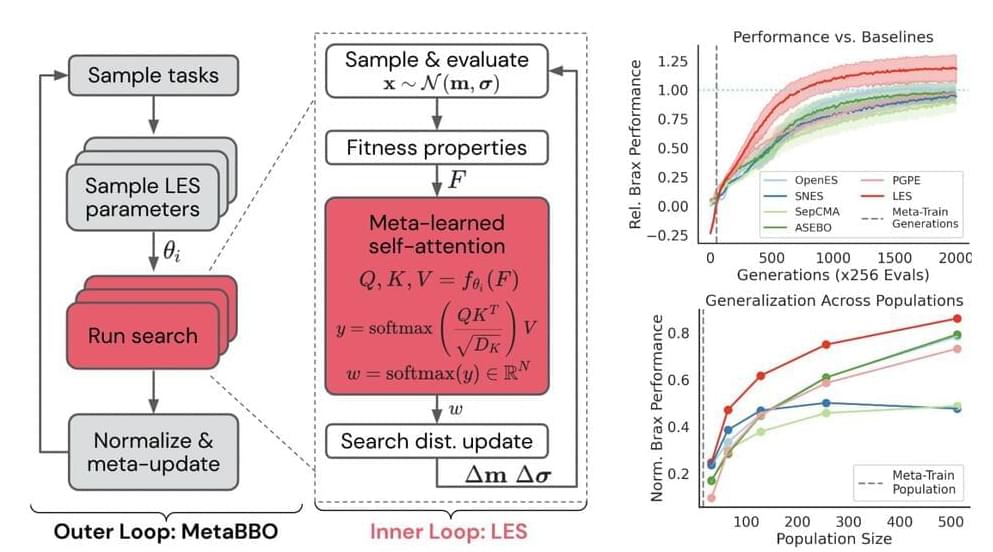Mar 23, 2023
Here’s a peek into the mathematics of black holes
Posted by Paul Battista in categories: cosmology, information science, mathematics, physics
Just a couple of years earlier, in 1963, New Zealand mathematician Roy Kerr found a solution to Einstein’s equation for a rotating black hole. This was a “game changer for black holes,” Giorgi noted in a public lecture given at the virtual 2022 International Congress of Mathematicians. Rotating black holes were much more realistic astrophysical objects than the non-spinning black holes that Karl Schwarzschild had solved the equations for.
“Physicists really had believed for decades that the black hole region was an artifact of symmetry that was appearing in the mathematical construction of this object but not in the real world,” Giorgi said in the talk. Kerr’s solution helped establish the existence of black holes.
In a nearly 1,000-page paper, Giorgi and colleagues used a type of “proof by contradiction” to show that Kerr black holes that rotate slowly (meaning they have a small angular momentum relative to their mass) are mathematically stable. The technique entails assuming the opposite of the statement to be proved, then discovering an inconsistency. That shows that the assumption is false. The work is currently undergoing peer review. “It’s a long paper, so it’s going to take some time,” Giorgi says.







 עברית (Hebrew)
עברית (Hebrew)










